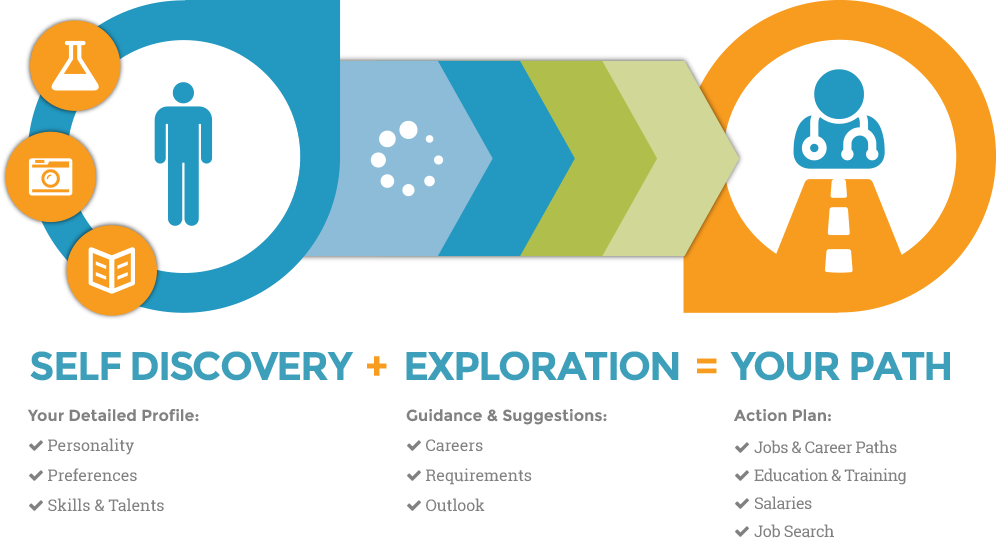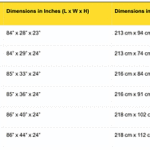Ever feel like you’re wandering through life without a map? That nagging question, “What the crap do I do with my life?” can be incredibly daunting. It’s normal to feel lost and uncertain about your future path. The good news is that you’re not alone, and there are practical steps you can take to gain clarity and direction. This article will guide you through self-discovery techniques, career exploration strategies, and goal-setting methods to help you navigate this journey and find your way.
We’ll delve into various introspection exercises, explore different career paths, and equip you with tools to set achievable goals. By the end of this article, you’ll have a clearer understanding of your strengths, interests, and aspirations, empowering you to make informed decisions about your future.
Self-Discovery Techniques
Self-discovery is the foundation for finding your path. It involves exploring your values, beliefs, interests, and personality traits to gain a deeper understanding of who you are and what truly matters to you. Here are some effective self-discovery techniques:
Introspection Exercises
Take time for quiet reflection. Journaling can be incredibly helpful in uncovering your thoughts, feelings, and aspirations. Ask yourself probing questions like: What brings me joy? What am I passionate about? What are my core values? What kind of impact do I want to make on the world?
Personality Assessments
Utilize personality tests like Myers-Briggs or Enneagram to gain insights into your strengths, weaknesses, and behavioral patterns. These assessments can provide valuable clues about your natural inclinations and how you interact with others. Remember that these are just tools to guide you; don’t let them define you entirely.
Seek Feedback from Others
Talk to trusted friends, family members, or mentors who know you well. Ask for their honest opinions about your strengths, areas for growth, and potential career paths that align with your personality. Their perspectives can offer valuable insights you might not have considered.
Career Exploration Strategies

Once you have a better understanding of yourself, it’s time to explore different career options that resonate with your interests, values, and skills.
Research Different Industries
Dive into various industries that pique your curiosity. Read articles, watch documentaries, or attend industry events to learn about the day-to-day realities of different professions. Consider factors like work environment, required skills, salary expectations, and growth potential.
Network with Professionals
Connect with people working in fields that interest you. Attend networking events, join online communities, or reach out to individuals for informational interviews. These conversations can provide firsthand insights into specific roles and career paths.
Shadowing Opportunities
Seek opportunities to shadow professionals in your desired field. Observing their work firsthand can give you a realistic glimpse into the daily tasks, challenges, and rewards of the profession.
Goal Setting for Success
Setting clear, achievable goals is crucial for staying motivated and making progress on your chosen path.
SMART Goals
Utilize the SMART goal framework: Specific, Measurable, Achievable, Relevant, and Time-bound. Define your goals with precision, set measurable targets, ensure they are attainable within a reasonable timeframe, align them with your overall aspirations, and establish deadlines for completion.
Break Down Large Goals
Divide large, overwhelming goals into smaller, manageable steps. This approach makes the journey less daunting and allows you to celebrate milestones along the way.
Visualize Success
Imagine yourself achieving your goals. Visualization can be a powerful tool for boosting motivation and reinforcing your commitment. Create a vision board or write down affirmations that inspire you.
Overcoming Career Uncertainty

It’s normal to experience uncertainty about your career path, especially in today’s rapidly changing world.
Embrace Flexibility
Be open to exploring different options and adapting your plans as needed. The job market is constantly evolving, so it’s essential to remain adaptable and willing to learn new skills.
Seek Guidance from Professionals
Don’t hesitate to reach out to career counselors or mentors for guidance. They can provide valuable advice, resources, and support as you navigate career decisions.
Focus on Your Strengths
Identify your unique talents and skills. Highlight these strengths in your resume, cover letters, and interviews.
Finding Your Passion
Discovering your passion is a deeply personal journey that often involves exploration and experimentation.
Try New Things
Step outside of your comfort zone and try new activities, hobbies, or volunteer opportunities. You never know what might spark your interest or ignite your enthusiasm.
Reflect on Your Experiences
Pay attention to the activities that bring you joy, energy, and a sense of fulfillment. What do you naturally gravitate towards? What makes you lose track of time?
Conclusion
Finding your path is an ongoing journey of self-discovery, exploration, and growth. By embracing these strategies, you can gain clarity about your values, interests, and aspirations. Remember to be patient with yourself, stay open to new possibilities, and celebrate your progress along the way. With dedication and perseverance, you can discover a fulfilling career that aligns with your true self.



